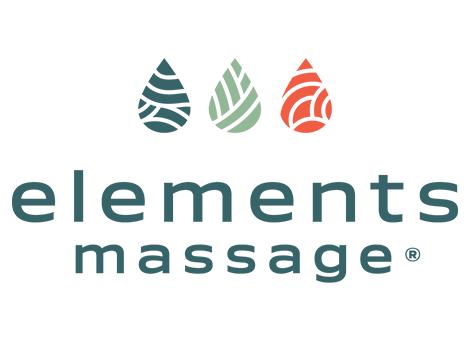Pregnancy is a beautiful and transformative journey, yet it can also bring about various physical and emotional changes. From the joyous anticipation of a new life to the physical strains on the body, the experience can be both exhilarating and challenging. This is where the nurturing touch of prenatal massage steps in, offering expecting mothers a sanctuary of relaxation and wellness.
Understanding Prenatal Massage
Prenatal massage is a specialized therapy designed specifically for pregnant women. It involves techniques tailored to accommodate the unique needs and limitations of the mother-to-be. Certified massage therapists adept in prenatal care employ gentle, soothing strokes and positions that prioritize comfort and safety throughout each stage of pregnancy.
The Benefits
1. Alleviation of Physical Discomfort: As the body undergoes significant changes during pregnancy, women often experience discomfort due to increased pressure on joints, muscles, and nerves. Prenatal massage can alleviate these discomforts by easing muscle tension and reducing swelling.
2. Stress Reduction: Pregnancy can bring about emotional and mental stress. A relaxing massage can help to calm the mind, reduce anxiety, and promote better sleep, contributing to a healthier and happier pregnancy experience.
3. Improved Circulation: Enhanced blood and lymph circulation due to massage therapy can aid in reducing edema, or swelling in the extremities, which is a common issue during pregnancy.
4. Bonding with Baby: Some massage techniques can create a space for mothers to connect with their growing baby, fostering a sense of closeness and relaxation.
Considerations and Safety Measures
While prenatal massage is generally safe, there are some considerations expecting mothers should keep in mind:
- Consultation: Always consult with a healthcare provider before scheduling a prenatal massage, especially if experiencing complications or high-risk pregnancy conditions.
- Certified Therapists: Ensure the massage therapist is certified in prenatal massage and has experience working with pregnant clients.
- Comfortable Positioning: The massage therapist should have specialized cushions or pillows to support various positions that ensure the comfort and safety of the mother and baby.
When to Avoid Prenatal Massage
There are situations where prenatal massage might not be recommended:
- High-Risk Pregnancy: In cases of high-risk pregnancies, such as preeclampsia or placental complications, massage might not be advised.
- Certain Medical Conditions: Conditions like blood clots or a history of preterm labor may contraindicate massage therapy.
Prenatal massage is a holistic approach to prenatal care, offering a multitude of benefits that contribute to the overall well-being of expecting mothers. With its ability to ease physical discomfort, reduce stress, and promote relaxation, it serves as a nurturing and empowering tool throughout the journey of pregnancy.
For those considering prenatal massage, it's crucial to prioritize safety by consulting healthcare providers and seeking the expertise of certified massage therapists. When conducted with care and expertise, prenatal massage can truly work wonders, providing a haven of tranquility and wellness amidst the beautiful chaos of pregnancy.

